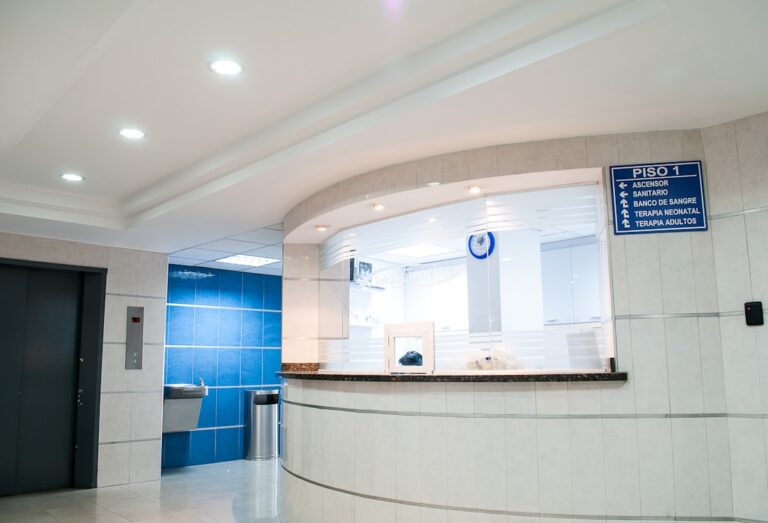Clinical engineering is a specialized field of engineering that focuses on the design, development, installation, and maintenance of medical equipment. This type of engineering is extremely important in hospitals and other healthcare facilities, where it is responsible for maintaining essential medical equipment. In this article, we will discuss the role of clinical engineering services in hospitals and other healthcare facilities. We will also explore the various services that these professionals provide to patients and staff.
Clinical engineering is a critical aspect of healthcare, as it helps to ensure that medical equipment is functioning properly and safely. This type of engineering involves a variety of different areas, including electrical, mechanical, biomedical, clinical informatics, and clinical logistics. For example, clinical engineers may be responsible for studying the safety and efficiency of equipment such as X-ray machines or infusion pumps. They may also work to design new pieces of medical hardware, or provide support for existing equipment.
Another important role that clinical engineers play in hospitals is working directly with patients to address their needs and concerns. For example, clinical engineering staff may be called upon to help patients who experience technical difficulties with their medical devices. In addition to working with patients directly, clinical engineers may also be responsible for managing clinical logistics, such as ordering and maintaining inventory of medical supplies and equipment.
Whatever the specific duties of clinical engineers in a hospital setting, their work is critical to ensuring that patients have access to the highest quality care possible. Whether they are working directly with patients or supporting clinical staff behind the scenes, clinical engineers play an essential role in ensuring that medical treatment is safe and effective for all patients. So if you’re looking for a challenging and rewarding career in healthcare, consider pursuing a career as a clinical engineer.
How do these services work?
Clinical engineers are responsible for maintaining a comprehensive inventory of medical supplies and equipment in hospitals, clinics, and other healthcare facilities. They typically use specialized software to manage their inventories and keep track of equipment maintenance schedules.
In addition to managing inventories and maintaining clinical equipment, clinical engineers may also be called upon to provide technical support for clinical staff or repair any damaged equipment as needed. This often involves working closely with clinical care providers to understand the specific needs of patients and clinical staff, as well as troubleshooting any issues that arise with medical devices or systems.
Whether you’re a recent graduate interested in pursuing a career in healthcare, or an experienced professional looking for an exciting new challenge, clinical engineering is a fast-growing field with a wide range of opportunities. With clinical engineers working in hospitals, clinical laboratories, research facilities, and more, there are plenty of exciting career paths to explore within this dynamic and increasingly essential field.
We hope this information on clinical engineering services was helpful.





